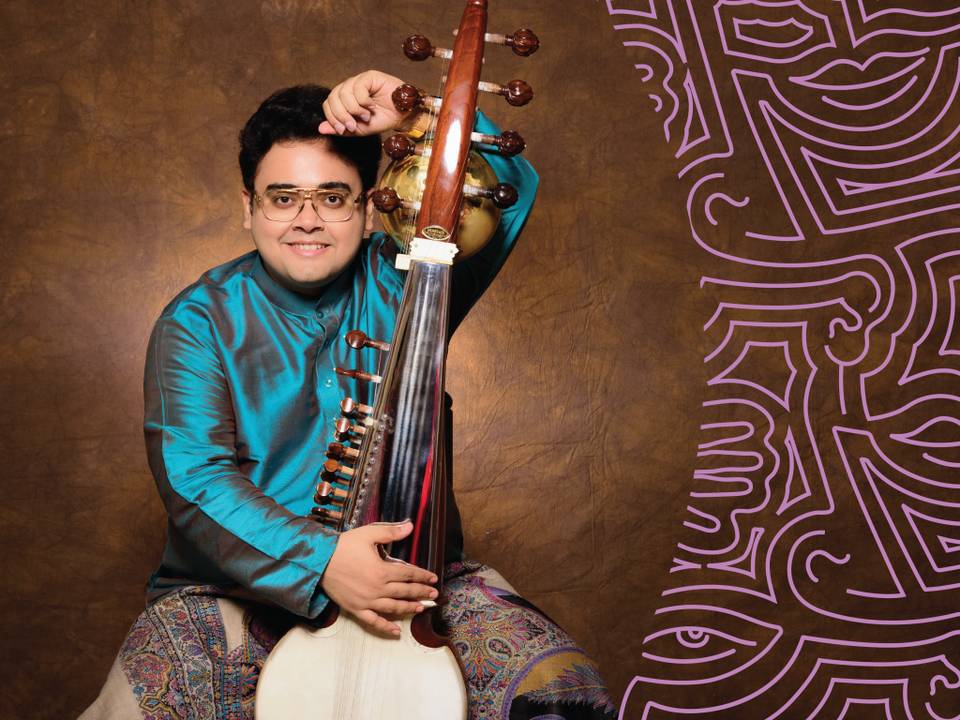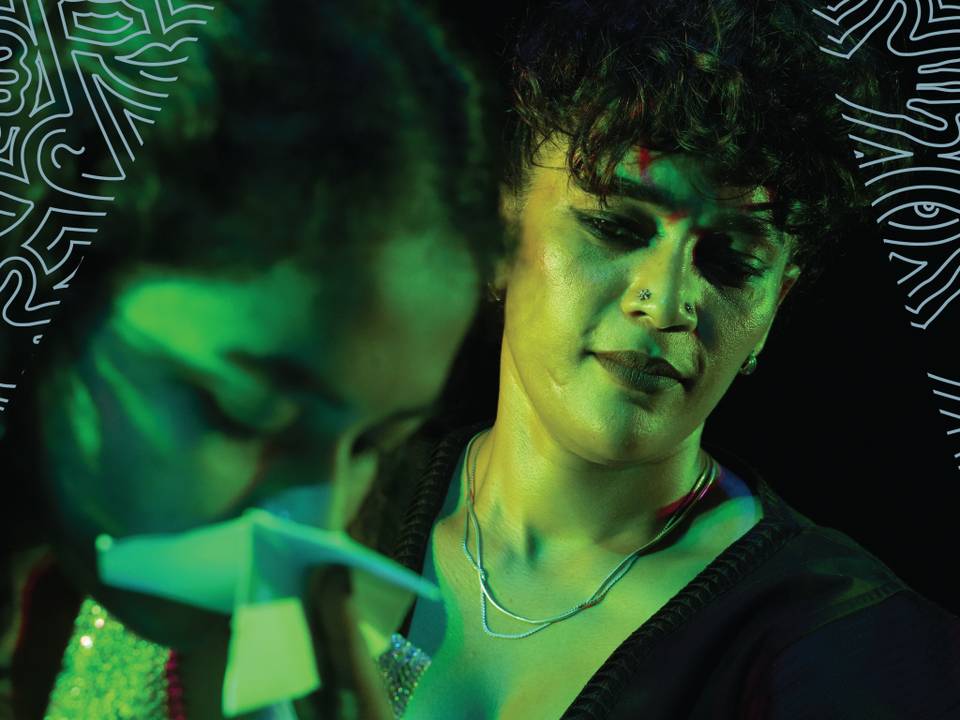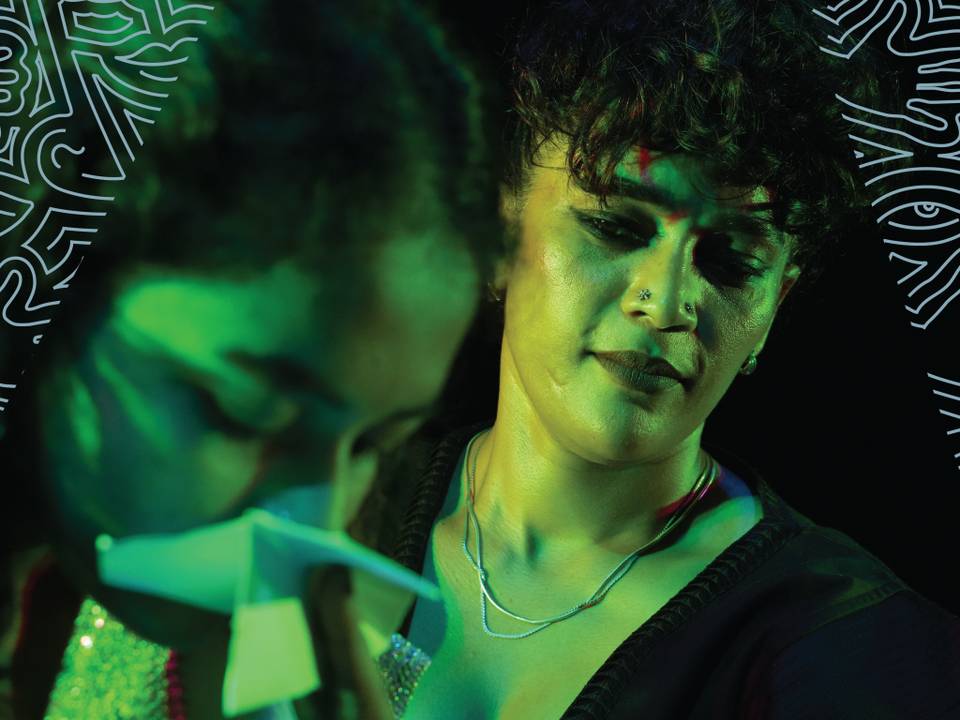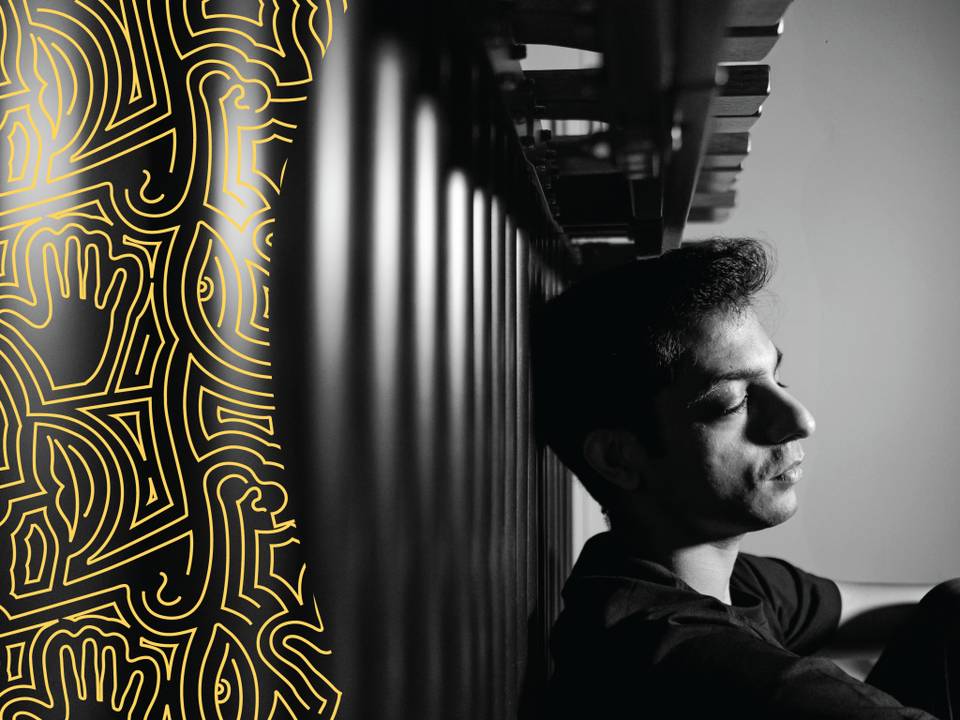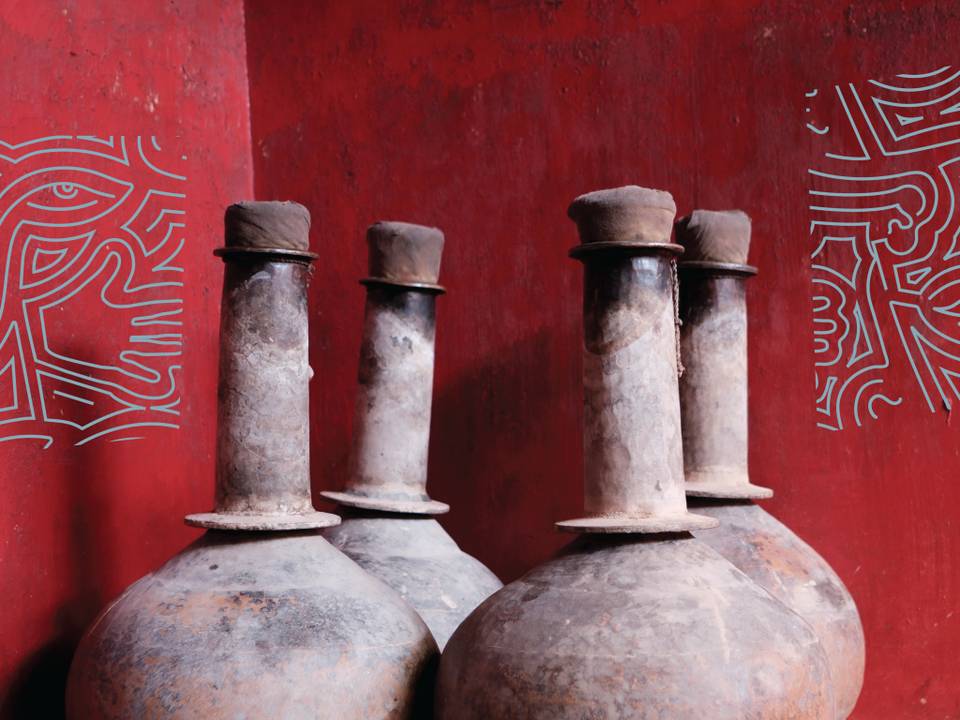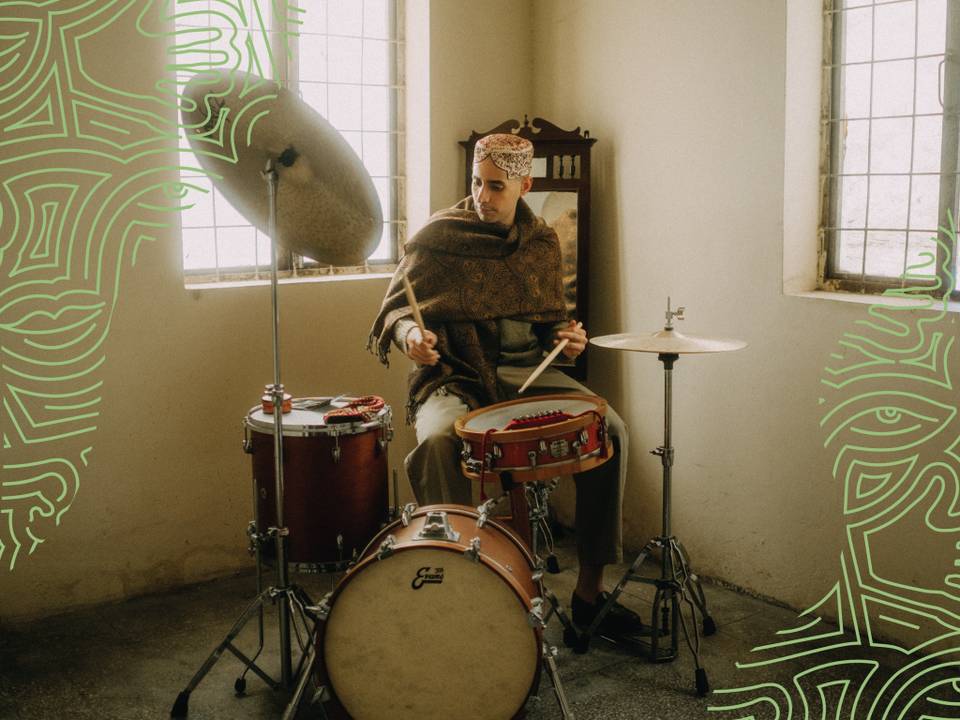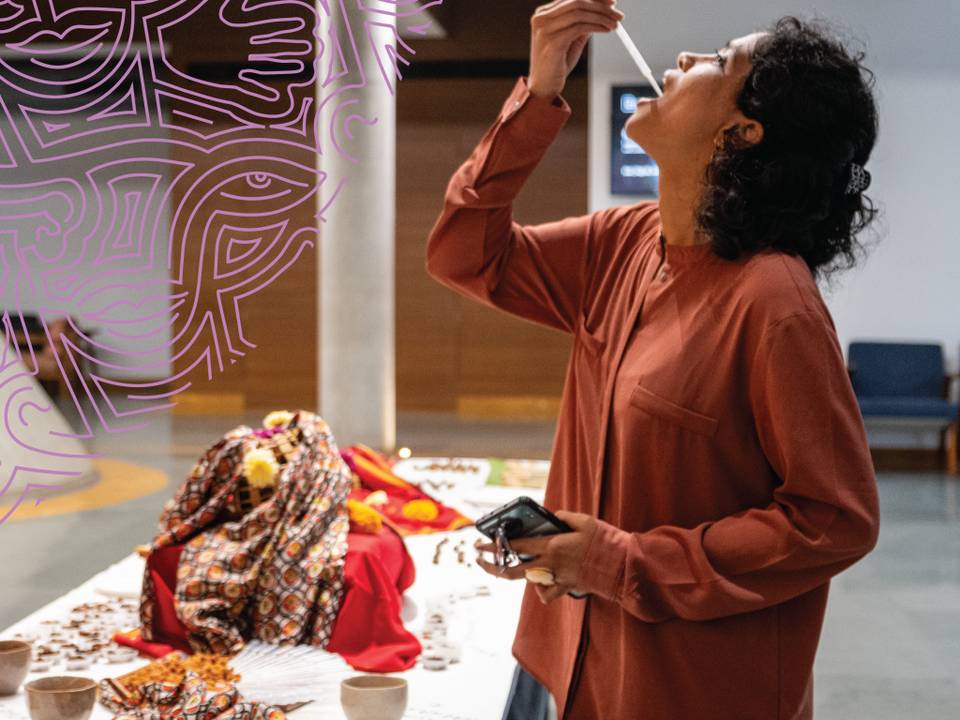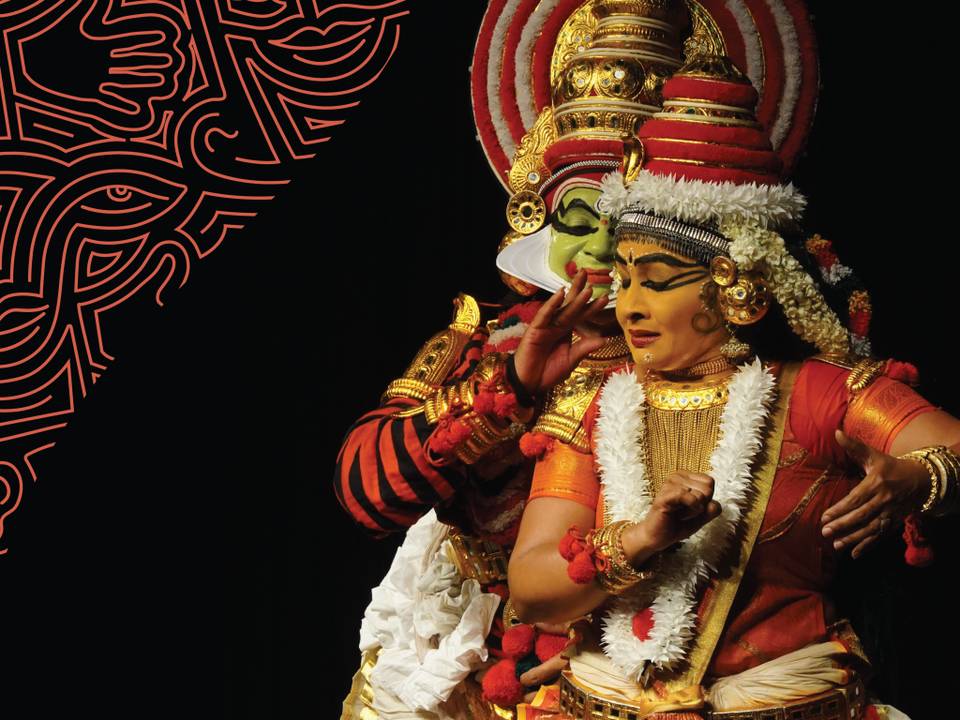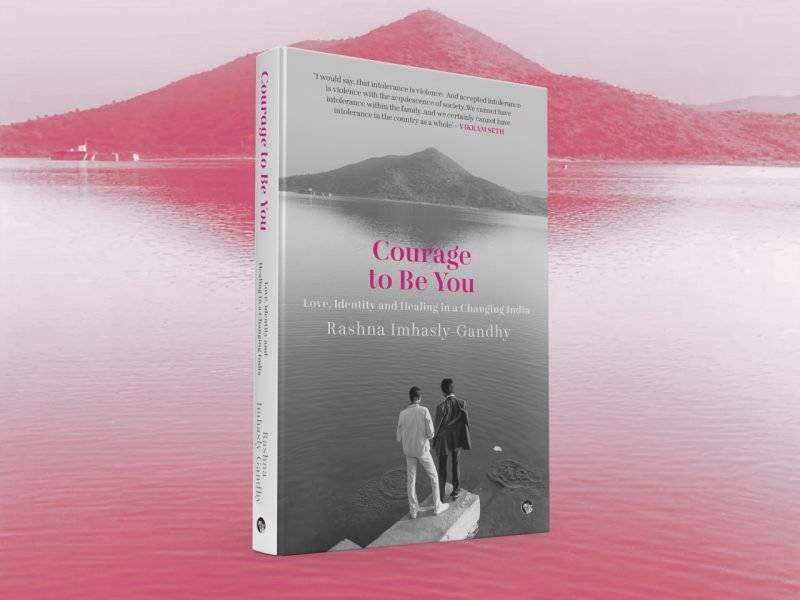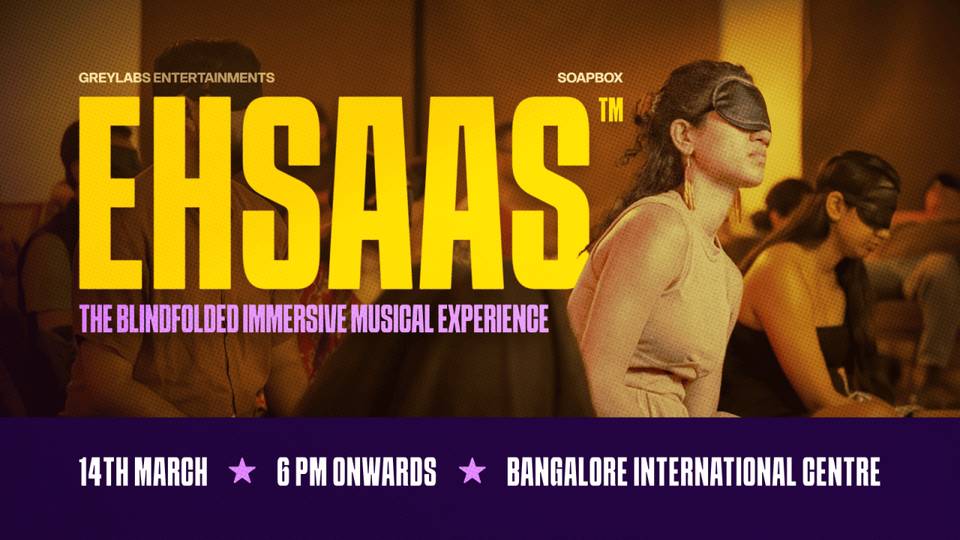Nehru’s Democracy The Past, Present, and Future of Indian Political Thought
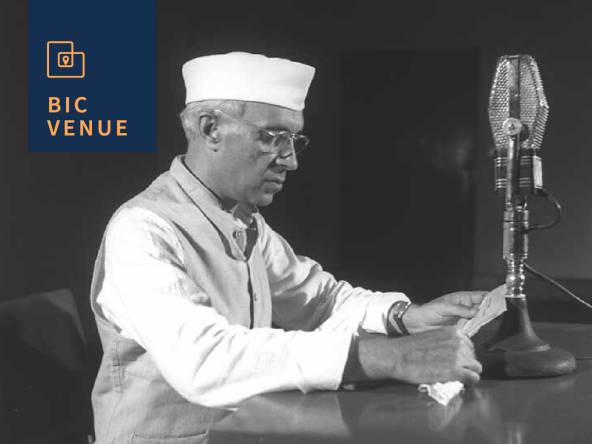
Details
Jan 08 2025 to Jan 08 2025 6:30 p.m.
EVENT HAS ENDED
Where
Bangalore International Centre
7 4th Main Rd, Stage 2, Domlur 560071
Event Description
This lecture by Madhavan K. Palat, Secretary of the Jawaharlal Nehru Memorial Fund and editor of the forthcoming comprehensive online edition of the Nehru Archives, explores the complex and often paradoxical dimensions of Nehru’s engagement with democracy.
Nehru presented himself as a liberal and a socialist. Yet, while he did not explicitly identify as a conservative, he frequently employed Burkean and traditionalist arguments to legitimize Indian democracy. At the same time, he repeatedly warned that democracy risked self-destruction through the emergence of a democratic dictatorship or the tyranny of the majority.
Palat examines how Nehru derived the ethos of democracy from traditional panchayats and 19th-century nationalist movements, asserting that democracy had become the yugadharma—the defining moral order—after Independence. Nehru insisted that democracy had to be dynamic, propelled by movements but grounded in stable institutions. When conflicts inevitably arose between these two forces, he consistently prioritized movement, seeing it as a continuation of nationalist mobilization, while institutions embodied the legacy of the Constituent Assembly and its Constitution.
Yet, Nehru never saw the Constitution as a sacred text. Democracy, he believed, could only be safeguarded through democratic practice, not constitutional rigidity—a stance that effectively repudiated the idea of a “Basic Structure” doctrine. Seeking to deepen democracy, Nehru championed Panchayati Raj, arguing that democracy required a broad, pyramid-like foundation to prevent its collapse. However, as Palat highlights, Nehru’s vision was fraught with ambiguities. He viewed panchayats as both democratic and bureaucratic extensions, expressed dismay over the rise of opportunists in the electoral system, and feared that democracy was breeding an elective aristocracy and oligarchy.
Nehru lamented the absence of a two-party system in India but keenly observed an ideological dichotomy between Congress and Hindutva, presciently suggesting that these ideologies could evolve into distinct parties. While Nehru valued moral ideals, his inspirations—Buddha, Ashoka, Akbar, and Gandhi—were not unequivocal democrats. Gandhi, though a democratic mobilizer, was autocratic in his methods. Nehru himself emerged as the most consistent symbol of democratic idealism but rejected the notion of a personality cult as vulgar and absurd.
Palat’s lecture delves into Nehru’s ambivalence towards democracy: he despised its tendency to favor mediocrity yet feared that inspiration and charisma often led to right-wing politics, which he deplored. Nehru’s political philosophy lay in reconciling contradictions and embracing ambiguities, favoring the pragmatism of a conservative over the ideological rigidity of a socialist.
By drawing on his extensive work with the Nehru Archives, Palat offers fresh insights into Nehru’s thought and legacy, portraying him as a leader navigating the complex interplay of ideals and realities with remarkable dexterity, even as he remained a figure defined by paradoxes and inconsistencies.
Presented by:
Speaker
Madhavan K Palat
Secretary, Jawaharlal Nehru Memorial Fund
Madhavan K. Palat was born in 1947 and read history at the Universities of Delhi and Cambridge. Thereafter he specialized in late Imperial Russian history and took the D.Phil. degree at the University of Oxford. He taught history at the Centre for Historical Studies, Jawaharlal Nehru University from 1974 to 2004, was Visiting Professor in Imperial Russian History at the University of Chicago in 2006, National Fellow at the Indian Institute of Advanced Study in Shimla 2010-2011, and was Editor of the Selected Works of Jawaharlal Nehru from 2011, seeing the project to completion in 2019. He is now the Secretary of the Jawaharlal Nehru Memorial Fund and is editing the online edition of the Nehru Archives, which will be as comprehensive as possible on Nehru rather than selective.
His publications have been mainly on Russian and Soviet history, on workers, peasants, Eurasianism, Dostoevskii, Solzhenitsyn, Nikolai Roerich, nationalities policies, and Central Asia. On other subjects, he has published on Hobsbawm, History and Memory, the Jawaharlal Nehru Memorial Lecture, The Spiritual in Nehru’s Secular Imagination, 14 November 2019, “Socialism in India”, in The Cambridge History of Socialism, 2022, and “Nehru’s Southeast Asia” in Recentreing Southeast Asia: Politics, Religion, and Maritime Connections (Routledge, 2024), edited by Himanshu Prabha Ray.
A selection of his publications may be accessed at www.madhavanpalat.academia.edu
